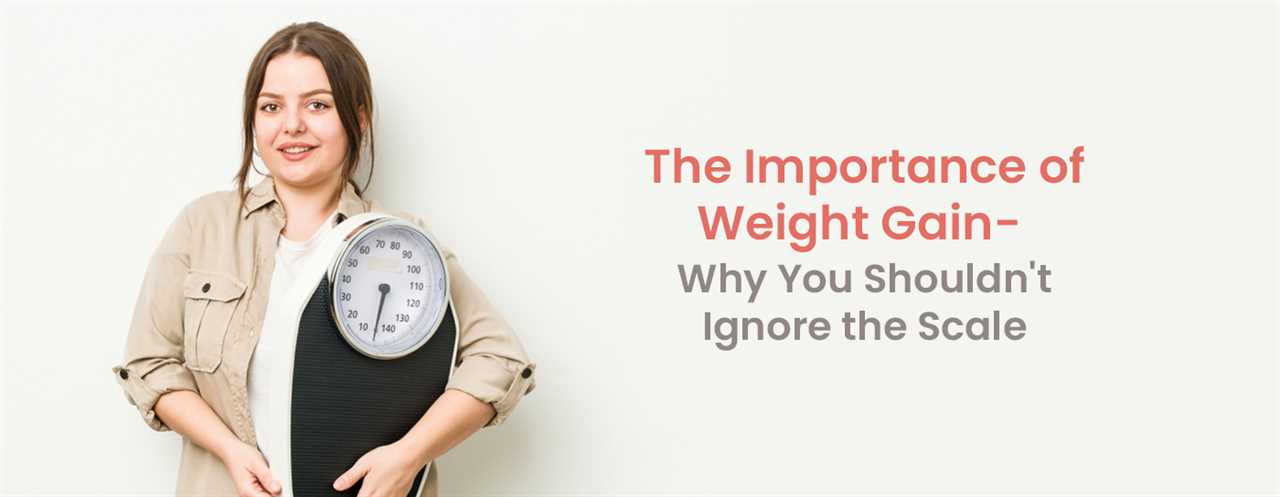The Importance of Weight Gain: Why You Shouldn't Ignore
the Scale
Fat has a bad reputation for leading people to be overweight and obese. However, people must also know that not all fat is bad. In fact, breaking down and storing energy (calories) in the form of fat is actually a healthy practice. It’s just one of the many ways our body uses food to work, heal, and grow which is why having a well-balanced diet is always recommended.
The energy that is stored from fat helps you get through a strenuous job or workout. It plays an integral role in brain development, and in preventing swelling (inflammation) and blood clots. Fat helps you get healthy hair and skin as well.
You can determine whether you are underweight or not by using a Body Mass Index (BMI) calculator, an online tool that considers your weight, height, age, and gender to calculate a value and if your BMI is less than 18.5, you are underweight. Even your healthcare provider can help determine if you’re underweight based on your height, weight, what you eat, and your activity level.
If you’re having trouble gaining weight, there’s no need to worry! While it may seem counterintuitive, there are plenty of reasons why gaining weight can actually be good for your health, which makes it all the more important to take care of yourself and keep your weight up at an optimal level. Here are some reasons why you might be struggling to do so, along with the best healthy weight gain tips, as well as ways to improve your health at the same time.
Many underweight people are actually healthy from a physical point of view. Low body weight can be associated with a variety of causes, including:
- Genetics: If you’ve been thin since childhood and it runs in the family, then you were likely born with a higher-than-normal metabolism. You might also have a naturally small appetite (in which case even if you have a well-rounded and balanced diet, the low quantity of foods makes it slightly less effective in gaining weight despite you being healthy).
- High physical activity: If you’re an athlete or do a lot of physical activity, you probably know that frequent workouts can have their effects on your body weight. If you are constantly on your feet, you may burn more calories than people who are more inactive or sedentary throughout the day.
- Illness: Being sick can hamper your appetite and your body’s ability to store and use food as energy. If you recently experienced a drastic weight loss without even trying, it may be a sign of an underlying disease, such as digestive diseases, diabetes, thyroid problems, or even cancer so make sure to talk to your doctor about it.
- Medicines: Certain prescribed medicines can bring about nausea and weight loss. Some treatments like chemotherapy can also reduce appetite and worsen weight loss due to illness.
- Psychological issues: Our mental health has an effect on every part of our lives. Things like stress and depression can disturb healthy eating habits. Extreme body image fears and distortions can lead to eating disorders so if you are experiencing any damaging emotional issues, kindly talk to your doctor as they can provide you with the care, assistance, or counselling you may need.
Although your doctor may put you on a weight gain diet if you are underweight, it is not an excuse to go crazy with junk food. Just like a weight loss program, a healthy weight gain requires a balanced approach.







